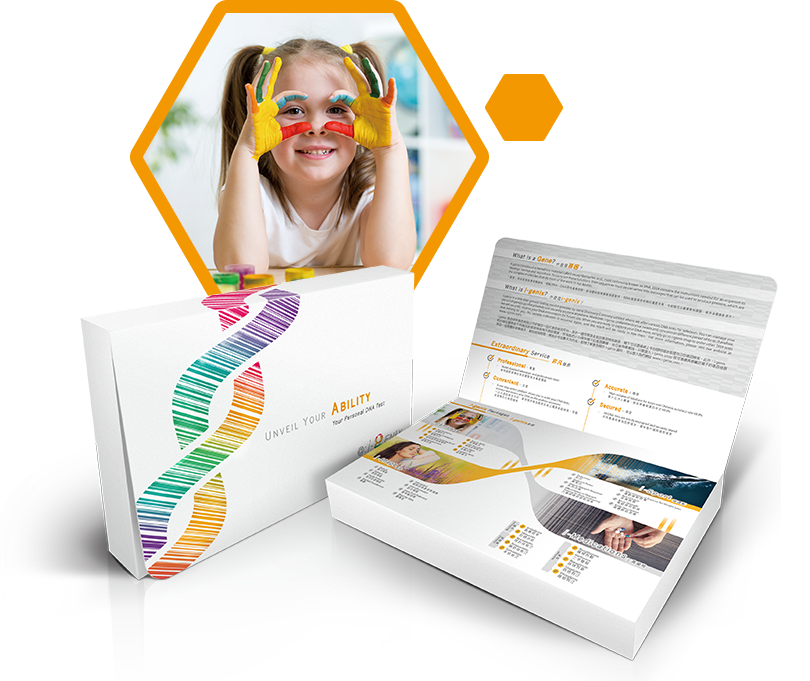Fluid intelligence is an innate ability responsible for intellectual activities that grows as the nervous system matures. Fluid intelligence mainly refers to the inferential capability and intellectual ability of non-linguistic data, and corresponds to crystallized intelligence. In general, fluid intelligence includes innate computational capability (accuracy and speed), and artistic creativity. Fluid intelligence is hereditary, and is rarely affected by environmental and cultural factors.
Importance
-The use of fluid intelligence involves many activities, and is rarely affected by culture and education.
-To increase intelligence, not only enriched knowledge (crystallized intelligence) is needed, but also increased brain volume and learning capability (fluid intelligence) is necessary; both of which should be repeated during learning processes.
-It is an important implications for children because the fluid intelligence will be decrease after 30 ages.

 LOGIN
LOGIN


